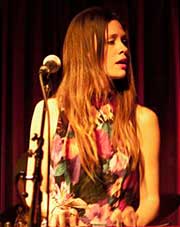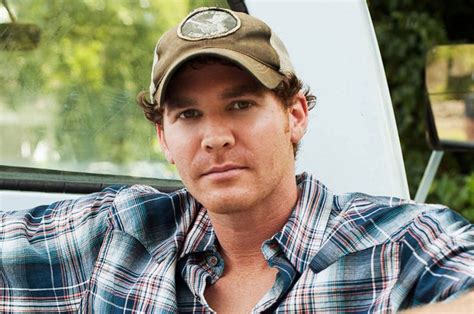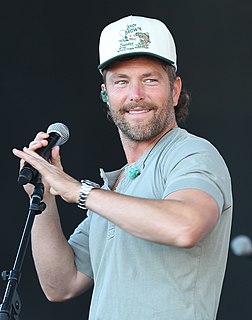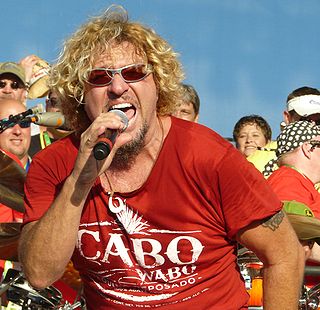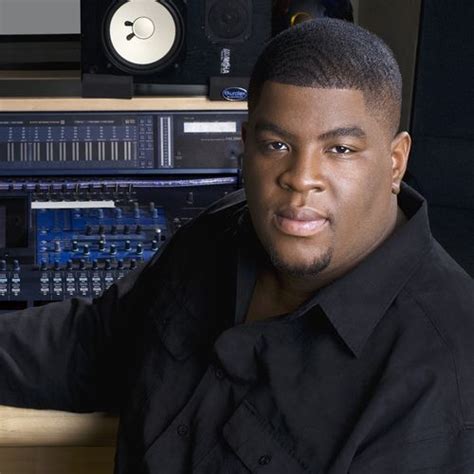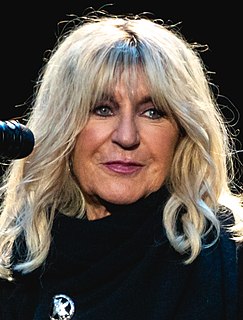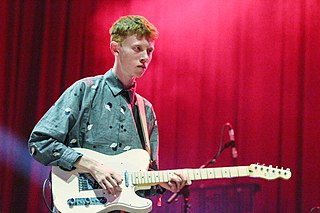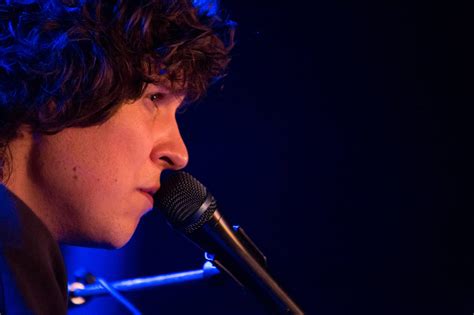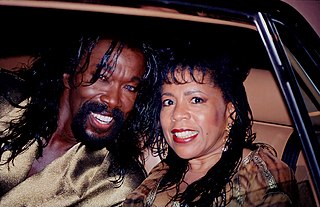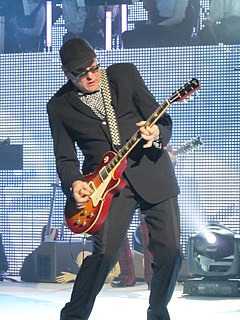A Quote by Lia Ices
In every song, there is a vocal element that doesn't have any words. I wanted to play around with how emotive and expressive my voice could be.
Related Quotes
It [my vocal] didn't sound like what I wanted to hear; the vibrato isn't what I liked anymore. So I got myself to an ear, nose and throat guy who does a lot of work with singers, and I was hoping there was a big wart on my vocal cords or something and they could scrape it off and I could have the voice I wanted. But he said, "No, for 71, that's your voice."
I think everyone has a story to tell. Part of what I do is help artists find their voice, not only their vocal voice, but their writing voice. Every artist that I worked with who has those records that everyone talks about, they are also writers. I like to say I helped support whatever their writing was so people heard the song clearly.
When I realized I could write lyrics and let someone that I knew listen to them, but not know that the song was about them - say it was a girl. I could write this song about how I feel about this girl, I could play it to them. I just loved it, because all of the words would speak to them. I could see them slowly falling in love with me.
It's one thing having a great song, but I think for me if you take it to the next level... say you had a guitar and a vocal, and the song was amazing but the vocalist wasn't that great and it just was a guitar and vocal acoustic track, switching that to something like an amazing voice singing the exact same song with the instrumentation being really nice and lush or unique in some way and interesting and diverse... I think it's all about the instrumentation and textures in the sound.
Over the years, humans have managed to incorporate nearly every element, light and weighty, common and obscure, into our daily lives. And given how small atoms are and how many of them there are all around us, it's almost certain that your body has at least brushed against an atom of every single natural element on the periodic table.
Both my grandmothers had upright pianos, and I just knew how to play since I was a child. Nobody taught me. I sounded like a grown-up, and then I learned how to read music. I played so well by ear I could fool the teacher to believe I could play the notes. She'd make the mistake of playing the song once, and I could play it.
